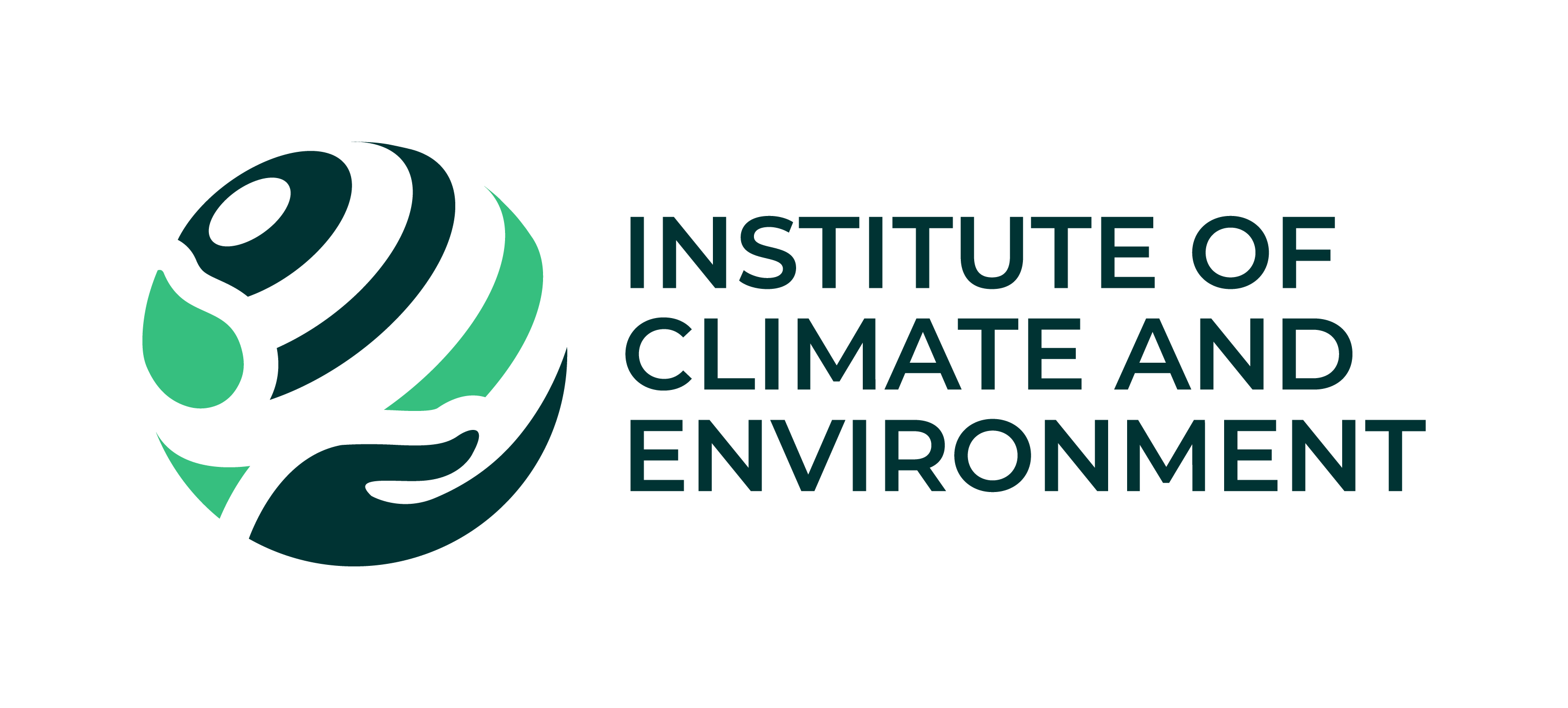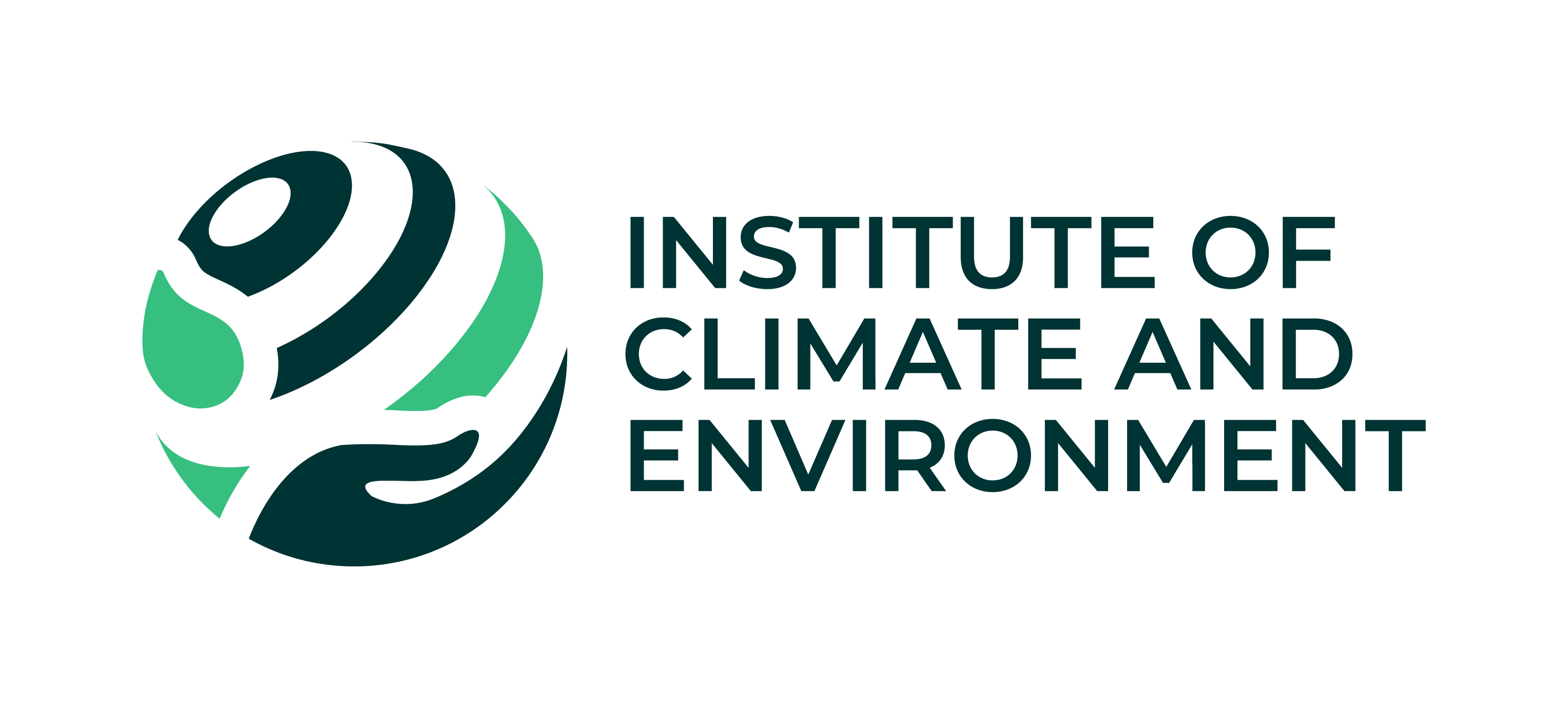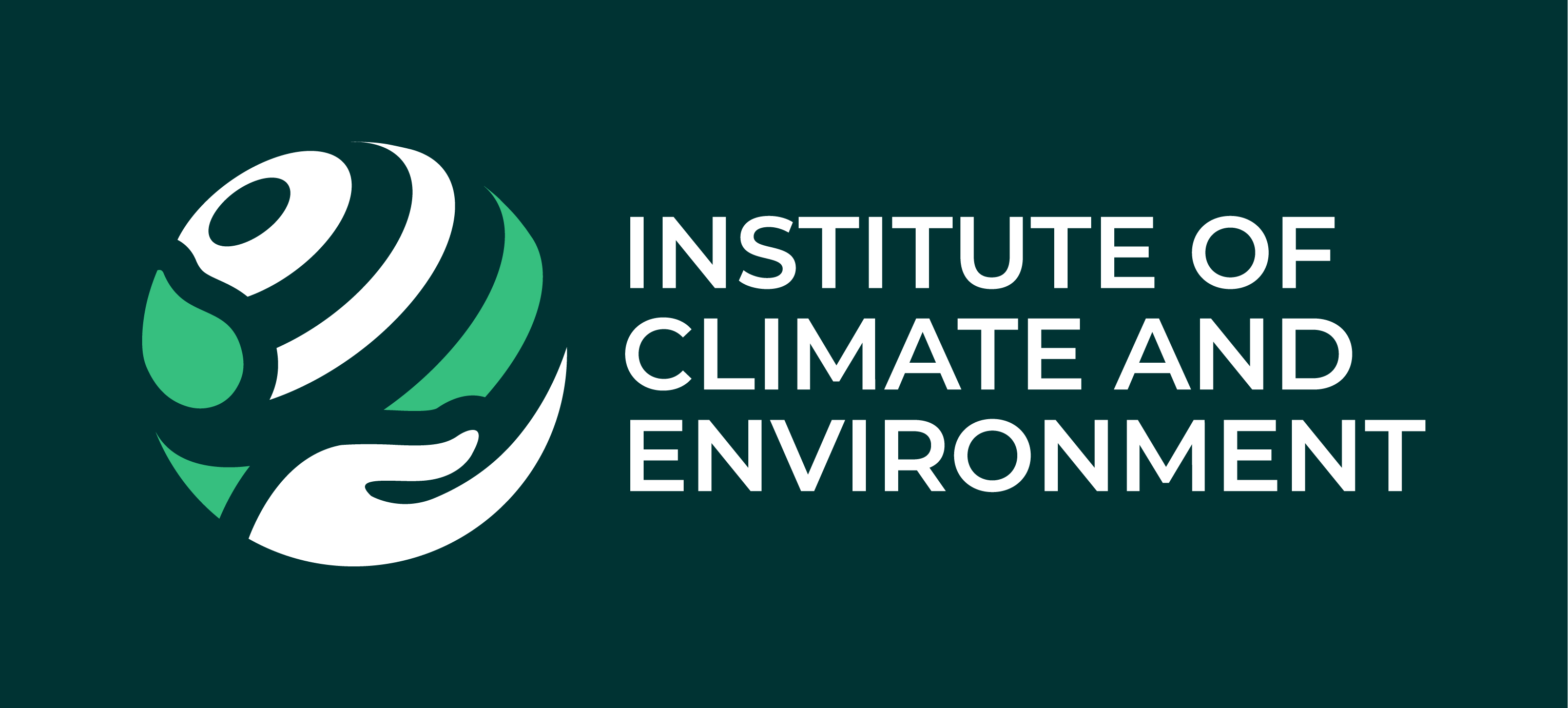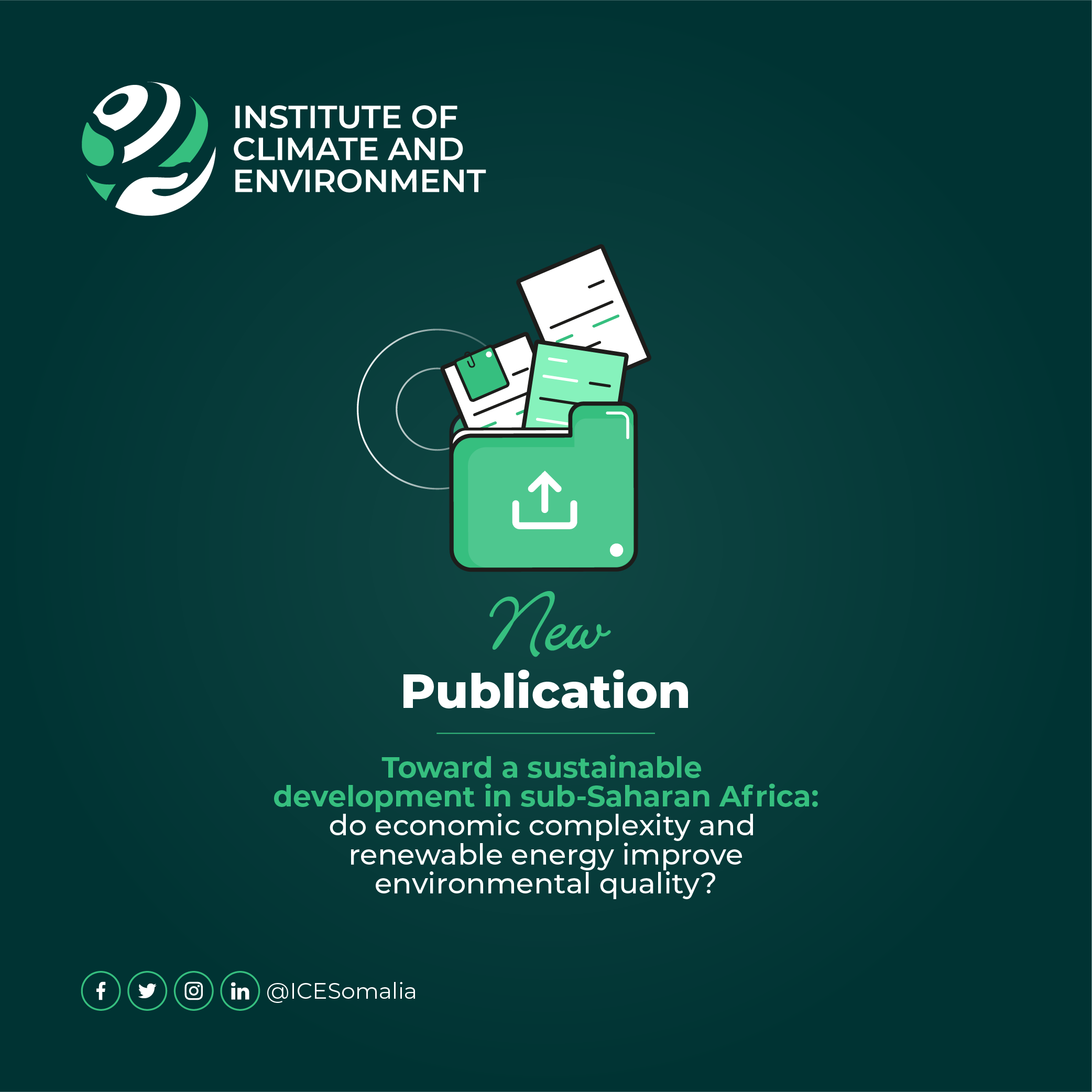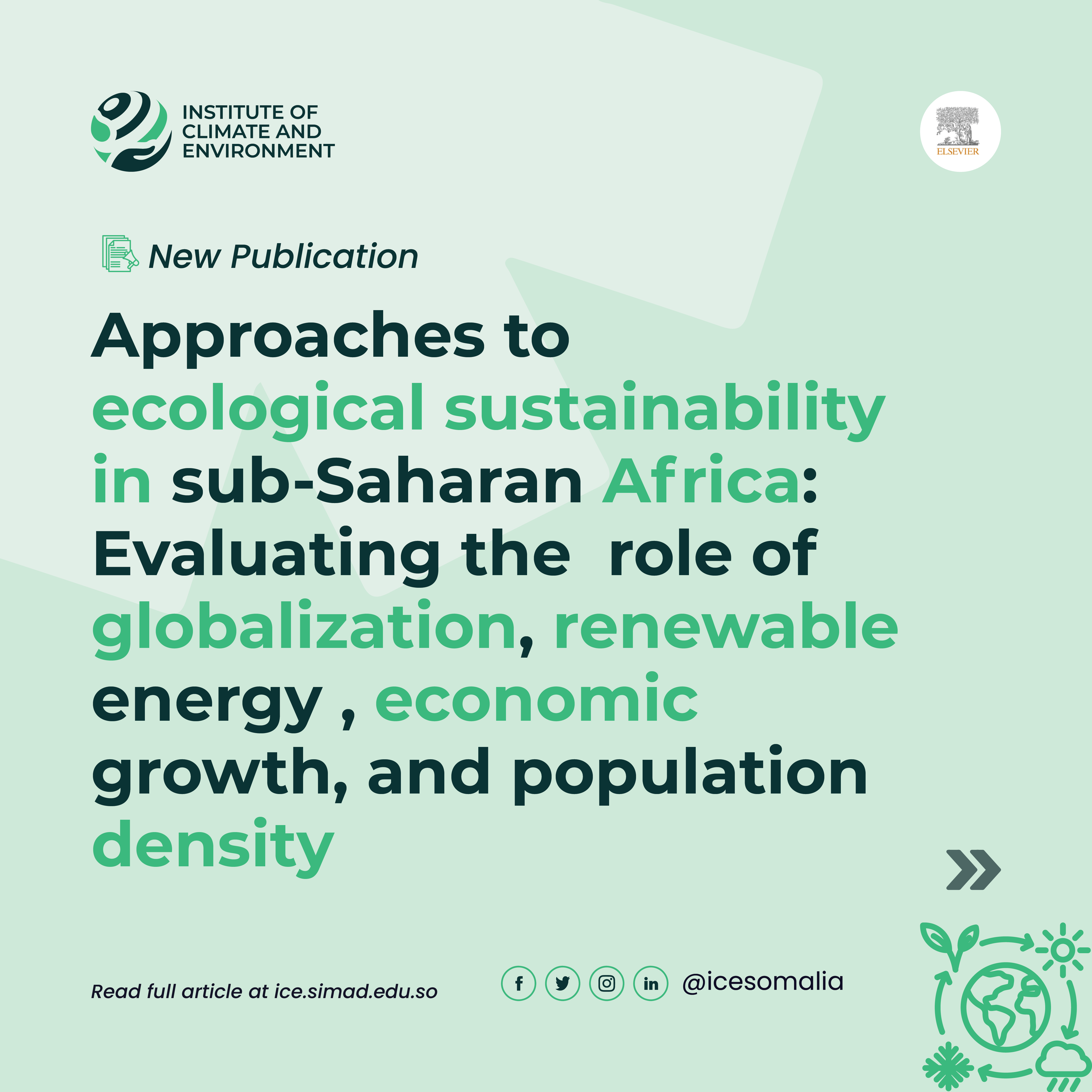
Accelerating Sustainable Transformation in Sub-Saharan Africa: The Role of Clean Energy, Digitalization, FDI, and Industrialization
Balancing economic growth with environmental sustainability remains a defining challenge for Sub-Saharan Africa (SSA). A recent study investigates how clean energy, digitalization, foreign direct investment (FDI), and industrialization influence ecological outcomes across 38 SSA countries between 2001 and 2020. Using advanced econometric techniques, the research uncovers several important insights. First, renewable energy adoption significantly reduces ecological footprints and environmental pollution, making it central to sustainable growth. Second, FDI exerts mixed effects—while it supports technological innovation and cleaner production, it can also increase ecological footprints when directed toward resource-intensive sectors. Third, economic growth continues to drive emissions and ecological degradation, highlighting the need for stronger green policies. Encouragingly, digitalization emerges as a promising pathway for resource efficiency and sustainability, though its benefits depend on expanding ICT infrastructure. Meanwhile, industrialization and rapid urbanization remain double-edged—delivering economic gains but intensifying environmental pressures without robust regulation.
The findings emphasize that SSA’s path to sustainability requires scaling up renewable energy, aligning FDI with green priorities, promoting digital solutions, and integrating environmental safeguards into industrial and urban planning.
Read and download the full paper!
